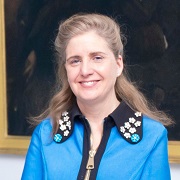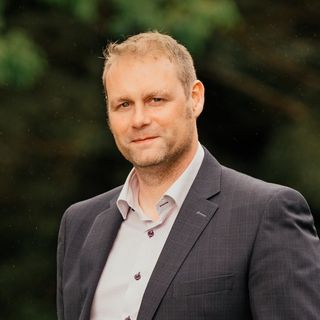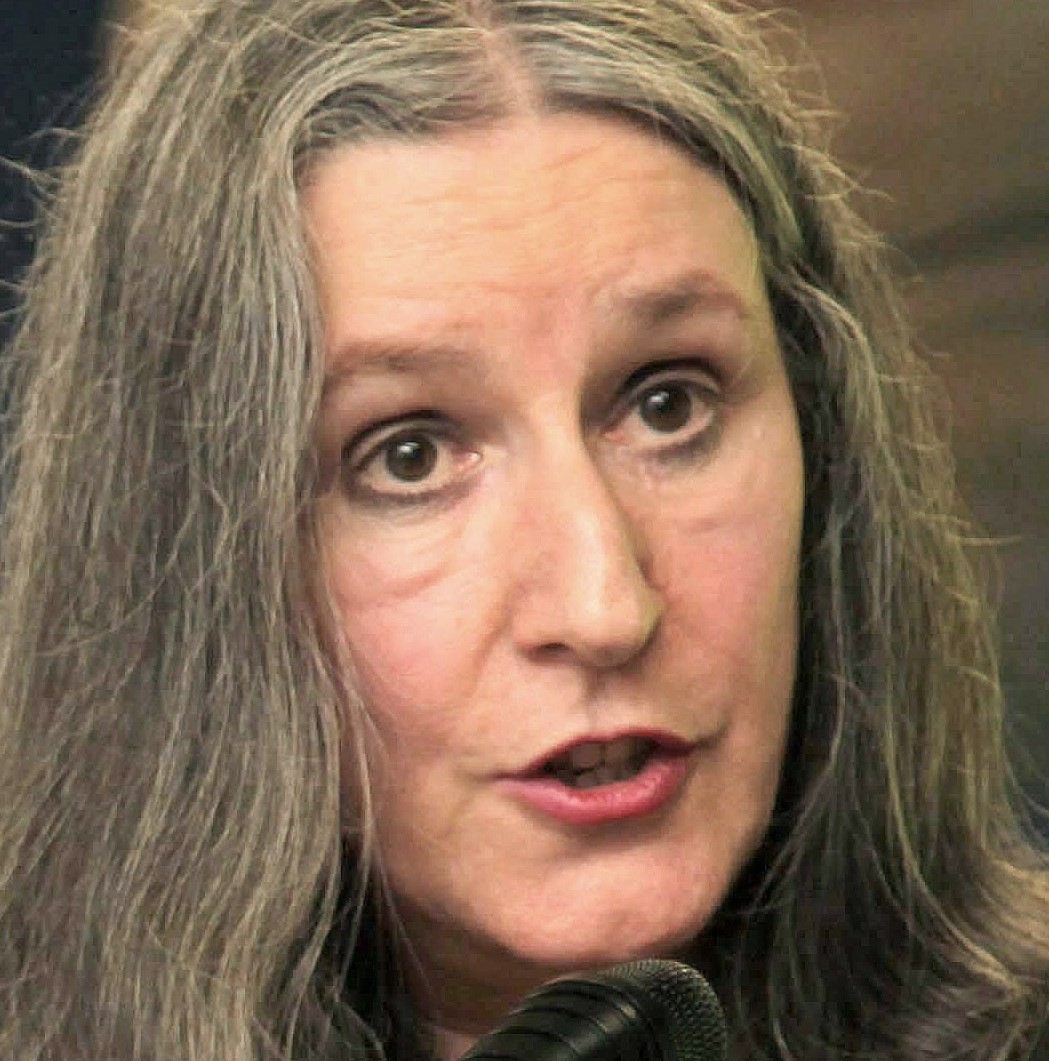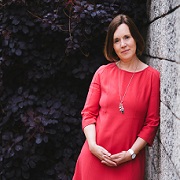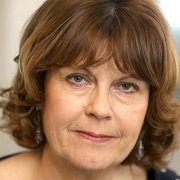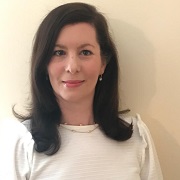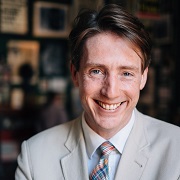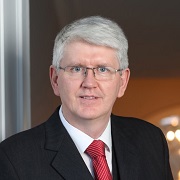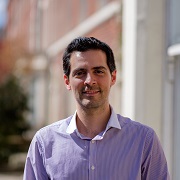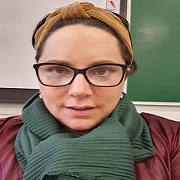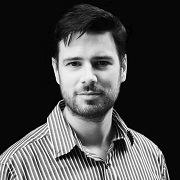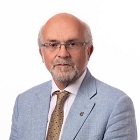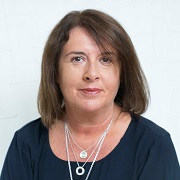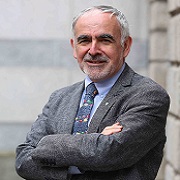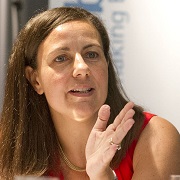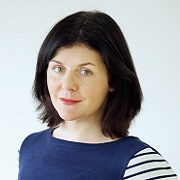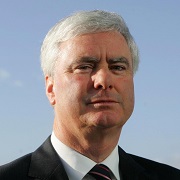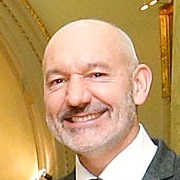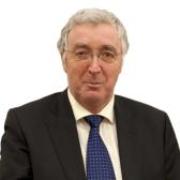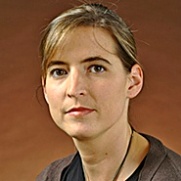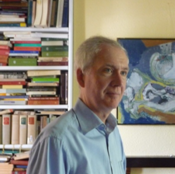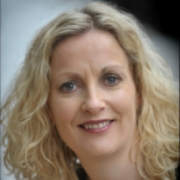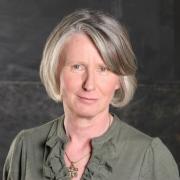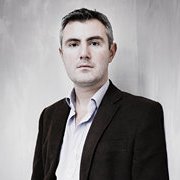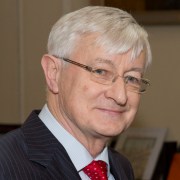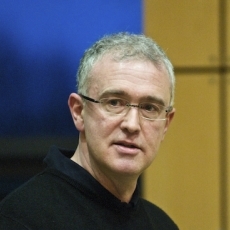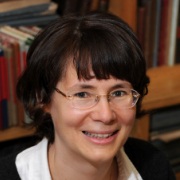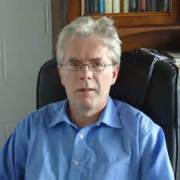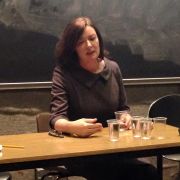When I was asked to write this piece, my mind kept coming back to the description of this time, now, as a period of ‘post-truth’. Against this backdrop the study of Humanities has never been more important.
When choosing to become a Historian (and in my case also an Art Historian), one accepts that peers will review, potentially dismantle and deconstruct your arguments and even may dismiss the work completely.
For those of you who write history you know the hours, weeks and years it takes to assemble works of non-fiction; the exhaustive thoroughness required, the attention to and verification of the smallest of details, the cross-checking, the preciseness of words, the discipline of writing a narrative that is well-balanced and well-argued.
Yet, once it is in the public domain, our work can be used without recourse to how or when it is used, taken so often without citation and appropriated by others, amplified and modified to suit their medium. There is no requirement to compensate or consult with the writer of the non-fiction.
As a Historian and a Curator, I acknowledge that I have been in the luxurious position to do hours of researching so often in the most beautiful surroundings of the libraries, archives, museums, private homes and public buildings in both Ireland and abroad. I have made a career in public history, working mostly for the state. The benefit of the work is the satisfaction of bringing material in public ownership and preserving material for future generations. I have had the ultimate in career satisfaction in making discoveries that change the record, the canon. In my case much of my work relates to women’s history, which I would argue has changed the way in which our antecedents are viewed; and my work has opened new areas of scholarship.
The period of my working life has coincided with an important period for the rewriting of Modern Irish history with the release of the masses of state records from the revolutionary period (during a government programme of the Decade of Centenaries), the opening of personal and private archives, the digitization of material from both national and international sources.
While in many jurisdictions there are pay walls, in Ireland much of this research material is available for free. This egalitarian approach has made the use of this material and the writing of history open to all. While this, of course, is welcomed, often the Humanities based approach – with its traditional methodologies – are not applied. It is essential that this standard, is a metric that remains constant in the study of our past.
In recent times my work as a Curator has been working with visual artists, film-makers, documentary makers as well as composers, and songwriters using a range of mediums across the arts. I have also used the creative process myself to script film, documentary and drama. The bedrock of this work is connecting creatives with reputable scholarship, highlighting first-hand accounts and primary source material. Dissemination is key.
At this time of post-truth, with an acknowledgement of the media, social media and artistic interpretation in narrative of contemporary and past events, what is important is that as trained professionals our authority is maintained, that we are acknowledged as being grounded within a discipline, and we have a set of tools by which we examine our past, a moral compass by which we assess the material in a non-emotive way, while maintaining a passion for what we do.


